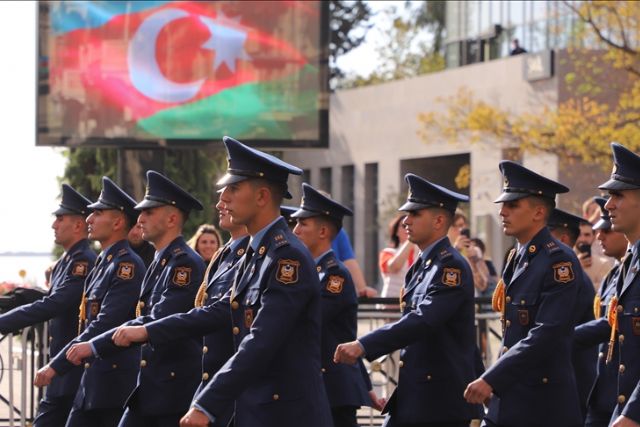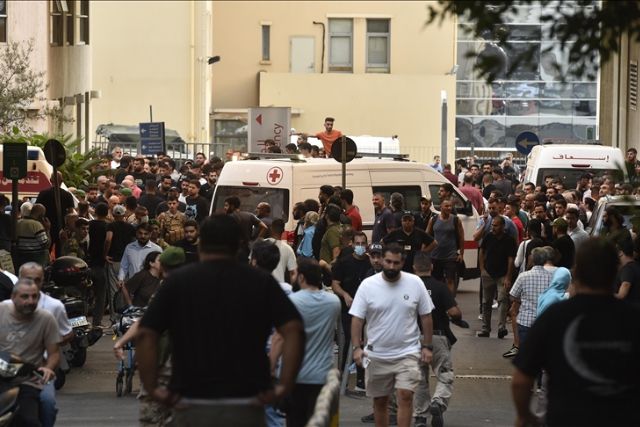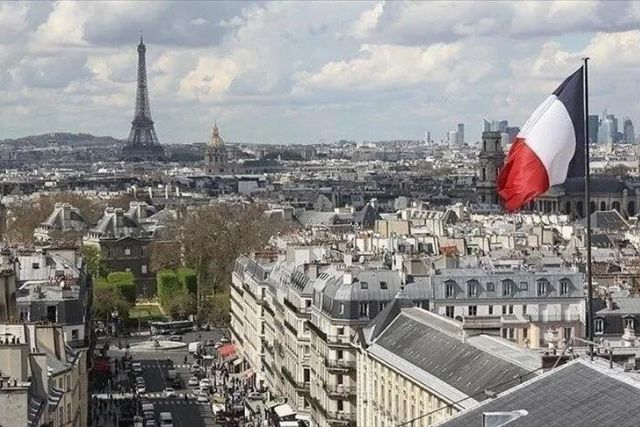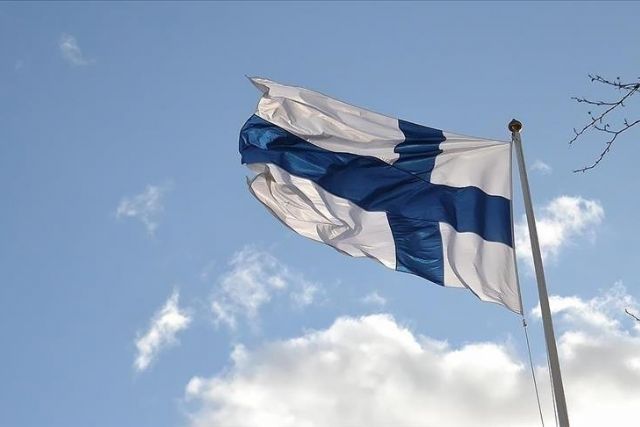OPINION - Karabakh victory: Enhanced cooperation in region
Karabakh victory was victory of those who advocated for cooperation, international law and peace

The writer is the head of the foreign policy analysis department at Azerbaijan-based Center of Analysis of International Relations in Baku.
ISTANBUL
The First Karabakh War (1992-1994) not only resulted in the occupation of Azerbaijani lands, violation of international law, expulsion of 1 million people from their lands, but it was also accompanied by genocide and massacres. This occupation had halted regional cooperation and peace for 30 years. Nevertheless, the Karabakh victory three years ago created an opportunity to reverse all these negativities.
Restoration of international law
Over the past three decades, various instances of violations of international law have been observed, with the offenders, such as Armenia, evading any form of sanctions. Instances include backing separatist regions within Georgia, the annexation of Crimea, and the US occupation of Iraq - all of which have been cases of violations of international law. These actions have undermined the credibility of the international legal system, which constitutes the basis of the post-World War II global order established through the UN Charter. This seriously threatened world peace and security of contemporary international relations.
Following the first Karabakh war, the co-chairs of the Minsk Group of the Organization for Security and Cooperation in Europe (OSCE), which was established to contribute to the peaceful solution of the former Karabakh conflict, wanted a sovereign state to compromise its territorial integrity and sovereignty in their proposals. Some proposals even sought to alter the borders of a sovereign state and legitimize the occupation. Therefore, through Azerbaijan's liberation of its territories from occupation, Baku not only reclaimed its lands but also reinstated the importance of respecting the territorial integrity and sovereignty of states, thereby reinvigorating the principles of international law.
Over the past three decades, not only has the principle of respecting the territorial integrity and sovereignty of states, a basis of international law, been disregarded, but Article 2 (4) of the UN Charter has also been repeatedly violated. In this sense, Azerbaijan reclaimed its illegally occupied lands, exercising its right to self-defense under international law and in line with Article 51 of the UN Charter.
Restoration of justice
During the first Karabakh war, 30,000 people were killed following the occupation, genocide and massacres carried out in many places, including the town of Khojaly in Azerbaijan. As a result of the occupation, 1 million people were expelled from their lands, and 12 cities, five towns and more than 500 villages of Azerbaijan were occupied. With the mediation of the OSCE Minsk Group, it was proposed that initially only five of the occupied territories would be handed back, however, the Armenian side did not accept that proposal. Therefore, after the Karabakh victory, all cities, towns and villages were liberated from Armenian occupation and justice was restored.
Throughout the occupation, the Armenian forces decimated three of Azerbaijan's largest districts – Aghdam, Fuzuli, and Jebrayil. Aghdam was described as the Hiroshima of the Caucasus. However, following the liberation of these territories, swift efforts were initiated for their reconstruction. In the last three years, Azerbaijan has invested $7 billion for the reconstruction of these regions. Three airports, Horadiz-Aghband railway, smart villages, cities, industrial centers, and large universities are being built in this region. The repatriation process has started, beginning with the gradual return of people to Aghali village of Zengilan. According to Azerbaijani President Ilham Aliyev, at the first stage 140,000 people are expected to return to their homeland. People who were expelled from their homes during the first Karabakh war will return and justice will be ensured.
Throughout the first Karabakh war, the Armenian military and separatist forces were responsible for the deaths of thousands, while during the second Karabakh war, their missile attacks on cities like Ganja, Berde, and Mingechevir caused the loss of hundreds of innocent lives. Numerous war crimes were committed in the occupied territories but eventually the separatist leaders and masterminds of those criminal acts are now held accountable before the court. Consequently, as a result of the second Karabakh war in 2020 and Sept. 19 anti-terrorist operation this year, Azerbaijani law enforcement agencies apprehended these offenders and brought them to justice.
Establishment of regional cooperation
After the first Karabakh war, due to the occupation, Armenia was excluded from regional energy and transportation projects, and its borders with Azerbaijan and Türkiye were closed. In fact, when Armenia rejected the offer to participate in regional projects in exchange for ending the occupation, regional cooperation opportunities disappeared.
New opportunities emerged for Armenia in the tripartite declaration signed after the Karabakh victory in September 2023. The Zangezur corridor holds the potential to connect Azerbaijan's mainland to Nakhchivan, Türkiye to Central Asia, Russia to the Middle East, and Iran to the South Caucasus, thus creating significant regional opportunities for Armenia. However, while the Azerbaijani side is about to complete this project on its own territory, the Armenian side has not even launched a tender for the project even after three years.
Following the Karabakh victory, both Türkiye and Armenia appointed special representatives, thereby paving the way for potential normalization of relations between the two nations. The normalization of relations between Armenia, Türkiye and Azerbaijan will ensure broader regional cooperation. Meanwhile, the two meetings of the regional cooperation platform – the so-called 3+3 proposed by the presidents of Azerbaijan and Türkiye after the Karabakh victory – were held. Therefore, the potential for expanded cooperation within the region has emerged.
Restoration of peace
After the second Karabakh war, Aliyev declared their readiness to enter into a peace agreement with Armenia. Following this statement, in February 2022 the Azerbaijani Foreign Ministry presented a five-article peace document to Armenia. Meanwhile, Armenian Prime Minister Nikol Pashinyan acknowledged the territorial integrity of Azerbaijan, including Karabakh, in May 2023. Therefore, a new peace agreement opportunity between the two countries emerged after the Karabakh victory.
Consequently, the winners of the first Karabakh war, which led to the occupation of the territory of a sovereign state, the death of 30,000 people, the destruction of cities and the expulsion of 1 million people from their homeland, were those who supported cooperation, international law and global peace. The Karabakh victory was the victory of those who advocated for cooperation, international law and peace. The best option would be to take advantage of these emerging opportunities and ensure sustainable cooperation and normalization.
*Opinions expressed in this article are the author's own and do not necessarily reflect the editorial policy of Anadolu.





